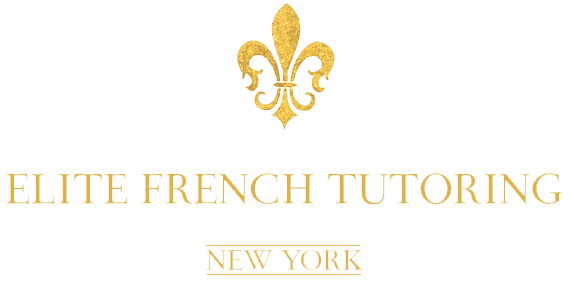Are you determined to enhance your French vocabulary and elevate your language skills? Building a rich vocabulary is a fundamental step towards fluency in French. Whether you’re a beginner or an intermediate learner, this guide will explore five highly effective strategies to help you expand your French vocabulary.
Table of Contents
1. Conversational Mastery: Vocabulary Expansion in Action
Conversational mastery not only enriches your vocabulary but also enhances your speaking and listening skills. Engaging in conversations with native speakers or fellow learners exposes you to everyday vocabulary in context. It’s a dynamic process that promotes active learning through interaction. Conversations help you grasp nuances, idioms, and regional variations in French. Speaking regularly leads to a more natural and confident use of the language.
2. Your Personal Lexicon: The Vocabulary Journal
Your vocabulary journal serves as your personalized lexicon, a treasure trove of words you’ve encountered during your language learning journey. Beyond being a memory aid, it encourages reflection. When you revisit entries, you can track your progress and witness how far you’ve come. This strategy instills discipline and prompts you to explore synonyms, antonyms, and related words, deepening your understanding of each term.
3. Structured Learning: Enrolling in a French Course
Enrolling in a course offers several advantages. Firstly, it provides a structured and organized path to vocabulary growth. Instructors often integrate vocabulary-building exercises into lessons, ensuring exposure to a diverse range of words and phrases. Secondly, courses encourage accountability and consistency in your learning process. Lastly, they offer opportunities for peer interactions and collaborative vocabulary expansion through group activities and discussions.
4. Staying Informed: Vocabulary Building with News and Blogs
Staying informed through reading not only broadens your vocabulary but also deepens your understanding of French culture, society, and politics. Exploring different types of content exposes you to a wide range of vocabulary associated with diverse subjects. Additionally, reading in French improves your comprehension skills, enabling you to grasp word meanings in context, even when they are unfamiliar.
5. Wordplay and Learning: French Word Games
Wordplay and learning go hand in hand. These games encourage you to think beyond memorization and apply your vocabulary in novel ways. For example, Scrabble necessitates strategic word formation, while crossword puzzles demand an understanding and application of synonyms and definitions. Furthermore, word games make learning enjoyable, fostering a positive attitude toward vocabulary acquisition.
Conclusion: Elevate Your French Vocabulary with Consistency
In conclusion, these five strategies offer diverse and effective avenues for improving your French vocabulary. Conversational mastery immerses you in real-life language use, while journaling cultivates personal reflection and discipline. Structured learning provides expert guidance, and staying informed through reading enriches both vocabulary and cultural awareness. Lastly, word games add a fun dimension to learning, making the process enjoyable and engaging.
To truly elevate your French vocabulary, embrace these techniques, stay consistent, and watch your lexicon flourish. Combining these strategies will undoubtedly lead to a more extensive and nuanced French vocabulary, enhancing your overall language proficiency. So, embark on this rewarding journey and remember that consistency is key. Bonne chance! (Good luck!)





